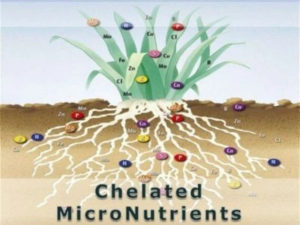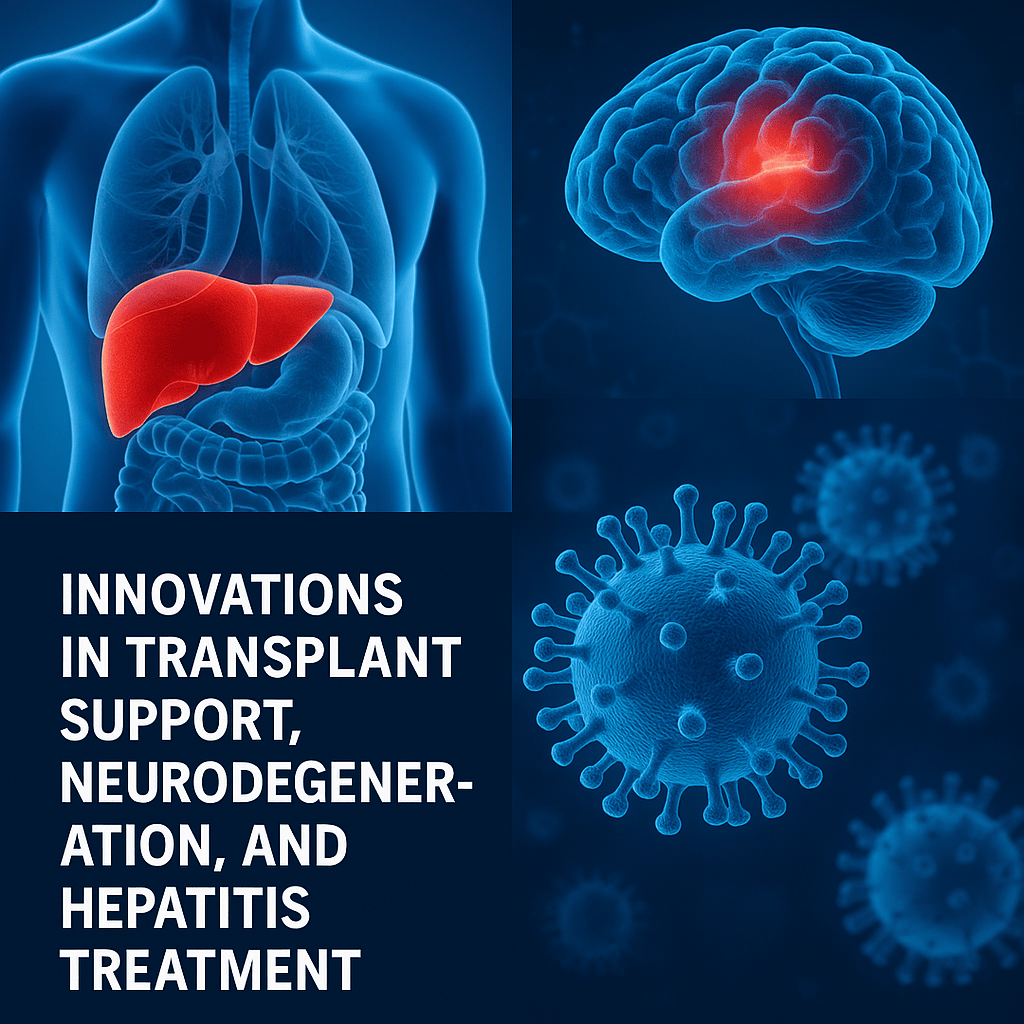Recent developments in organ transplantation, neurodegenerative disease, and viral hepatitis showcase how clinical and preclinical innovation is addressing high-burden diseases through improved systems and targeted therapies. With new technologies supporting organ transplant patients, advancing treatments for multiple system atrophy (MSA), and targeting hepatitis B and D viruses, the biotech pipeline continues to evolve with patient-focused solutions.
Inspira ART100 System Receives Approval for Transplant Patients
Inspira Technologies has announced regulatory approval of its ART100 system, a device designed to support oxygenation in organ transplant patients with acute respiratory distress. The technology offers a less invasive alternative to extracorporeal membrane oxygenation (ECMO), providing early intervention during perioperative complications.
Key benefits include:
- Reduced procedural invasiveness and risk.
- Improved patient stabilization in critical care settings.
- Compatibility with a variety of surgical and ICU workflows.
The ART100 system could significantly improve outcomes for transplant recipients by enhancing oxygenation without requiring full cardiopulmonary bypass. Inspira ART100 system approved for organ transplant patients
Alterity Therapeutics Showcases ATH434 Progress at MSA Congress
Alterity Therapeutics presented updates on its ATH434 program at the International MSA Congress, demonstrating continued commitment to treating multiple system atrophy (MSA), a rare and aggressive neurodegenerative disorder. ATH434 is a small molecule targeting excess brain iron, believed to contribute to neuroinflammation and disease progression.
Presentation highlights include:
- Sustained safety profile in Phase 2 trials.
- Biomarker evidence of target engagement and disease-modifying potential.
- Broad scientific interest in ATH434’s applicability to other synucleinopathies.
With no currently approved disease-modifying treatments for MSA, Alterity’s candidate could address a significant unmet need. Alterity Therapeutics at International MSA Congress
Assembly Biosciences Reveals Preclinical Progress in HBV and HDV
At EASL 2025, Assembly Biosciences shared promising preclinical data on its dual antiviral programs for hepatitis B (HBV) and hepatitis D (HDV). The company is developing oral small molecules aimed at disrupting viral replication and improving functional cure rates.
Key findings include:
- Potent inhibition of HBV DNA and antigens in animal models.
- Dual inhibition activity against HDV, addressing co-infection challenges.
- Support for IND-enabling studies based on pharmacokinetic and toxicity profiles.
These early results position Assembly’s candidates as potential cornerstones of future combination regimens. Preclinical data on Assembly Biosciences HBV and HDV inhibitors at EASL 2025
Conclusion
Whether enhancing surgical outcomes, managing neurodegeneration, or combating chronic viral infections, these innovations exemplify the breadth of clinical progress. As new technologies and therapies advance, the potential to improve lives grows stronger across multiple therapeutic frontiers. For the latest insights, visit Clinical Trial Vanguard.






